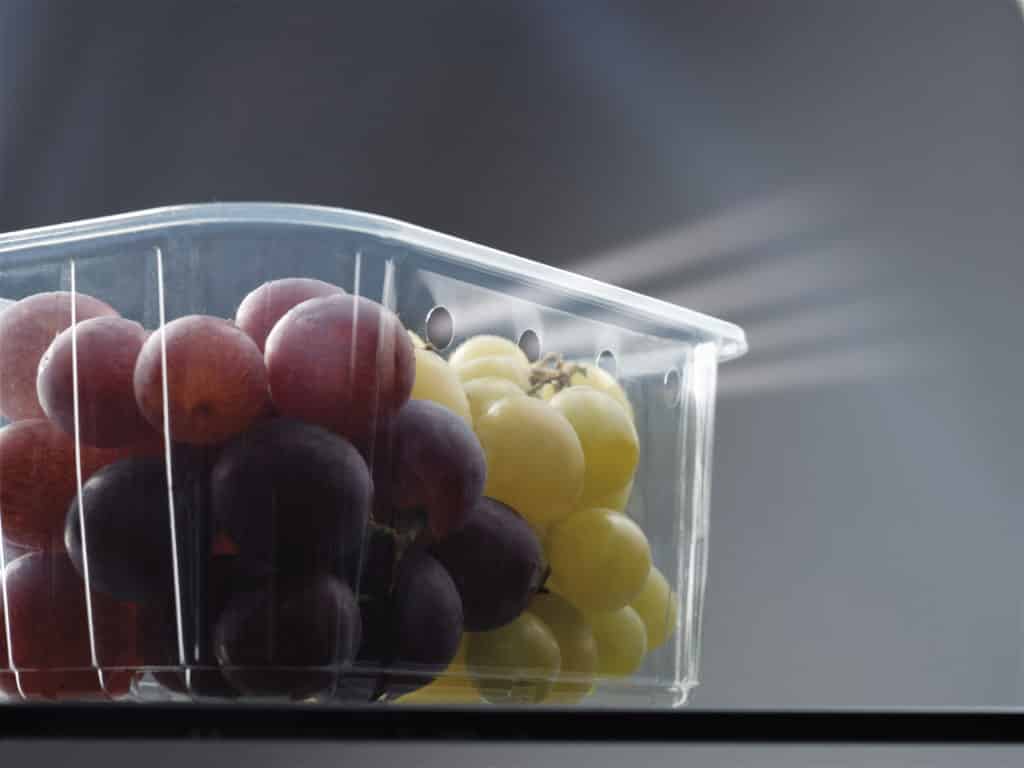After many years of effort and huge investment in machinery and R&D, Infia is proud to announce that all the PET production lines in Italy and Spain will be converted from polyethylene (PET) to 100% recycled (R-PET). This will provide a type of packaging that has the same transparency and resistance as the one obtained from virgin raw material and that, at the same time, guarantees perfect sustainability at every level, dramatically reducing the environmental impact.
With more than 70 years of experience, Infia is present in almost 80 countries and has been investing for years in converting its production plants, in order to use post-consumer materials in replacement of virgin materials. Today, it is the only company in the field on the world stage, that offers recycled material supply to its customers, according to their needs and without any limit of quantity, thanks to the coverage of all its productive capacity with RPET 100%.
As a matter of fact, Infia has concluded the authorisation process of its “Supercleaning Process” with the EFSA (European Food Safety Authority). Therefore, Infia can operate with its authorised internal recycle process in order to guarantee finished products are obtained 100% from recycled, safe and sustainable material, with benefits in terms of energy, use of the resources and gas emissions.
100% RPET is the latest innovation of the “INFIA 4 Earth” project. The project has been undertaken by the company in the last few years, to adjust all the business processes to the principles of sustainability, both in terms of energy savings and reduction of waste throughout the food chain, of which packaging can be a considerable support when it can combine its role as a cluster with the one of protection tool for food. All of this is done by paying specific attention to the innovation of the products, both from a functional and an aesthetic point of view, always in compliance with traceability and food safety.
Why is it safe:
- It has been approved and it is compliant with the EFSA guidelines (Scientific Opinion EFSA Journal 2011;9(7):2184). [1]
- It is manufactured and tested internally through cutting-edge systems and technologies.
- It is validated by Infia thirty-year experience in PET.
Why is it sustainable:
- The recycling process avoids end-of-life plastics from going to landfills or to the incinerator. It also helps decrease greenhouse gas emissions and the use of raw materials. [2]
- In its guidelines on waste management, the European Commission puts the recycling process right after prevention and reuse, among the Community objectives to pursue in order to correctly manage post-consumer packaging. This is the general approach to implement to minimize plastic production and maximize the recycling of materials and energies, to achieve the best overall environmental outcome. [3]
- It replaces virgin plastics, avoiding environmental impacts related to extraction and refinement. [4]
The European Union recently adopted the Plastic Strategy [5], which lays the foundations to promote the circular economy, thus focusing the attention on the recycling process and on the reuse of plastic materials (Plastic Hierarchy).Ref:
[1] http://www.efsa.europa.eu/en/efsajournal/pub/3397.htm
[2] GREEN PAPER On a European Strategy on Plastic Waste in the Environment, European Commission, Brussels, 7.3.2013.
[3] DIRETTIVA 2008/98/CE del Parlamento Europeo e del Consiglio del 19 novembre 2008 relativa ai rifiuti.
[4] Study on an increased mechanical recycling target for plastic – Final Report – Plastic Recyclers Europe 30 August 2013.
[5] COMMUNICATION FROM THE COMMISSION TO THE EUROPEAN PARLIAMENT, THE COUNCIL, THE EUROPEAN ECONOMIC AND SOCIAL COMMITTEE AND THE COMMITTEE OF THE REGIONS – A European Strategy for Plastics in a Circular Economy – Brussels, 16.1.2018 COM(2018) 28 final (European Commission)
